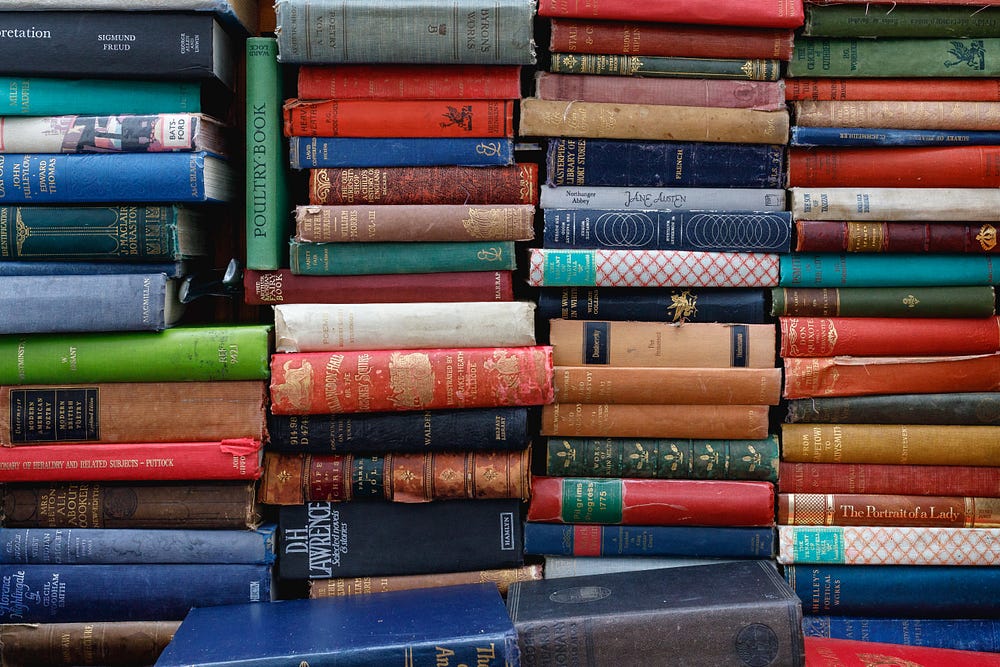Not many people in their right mind have the desire (or privilege!) of spending ten weeks playing in a foreign country. But spending ten weeks twice traveling in the same country, does that border on insanity?
Alright, so call me crazy but we're back in Turkey to explore a different part of this vast and massive country!
It's not that the COVID-19 pandemic is over (is it really?), no, it's simply that Turkey fascinates me on so many different levels. From the Kemalist legacy to the more recent attempt to fuse with Islam with modernity by Erdogan and his Islamist party; from the beauty of Mount Ararat – the landing place of Noah's arl - to the magnificent Van Lake near the Iran border.
Our previous travels took us east deep into the Kurdish heartlands and within a heartbeat of Turkey's borders with Iran, Georgia and Syria. (If you wish to read about my previous extended visit in 2019 please click here.)
On this visit, the plan is to travel east – if you start in Istanbul then there is no choice but to go east! - subsequently heading south towards Cyprus (hopefully taking in both the Greek and Turkish sectors!). After Cyprus we will hug the Meditarranean Sea coast and head back towards Istanbul.
At least, that's the general plan. The final itinerary is 'TBD' subject to logistics, accomodation and the enjoyability of any particular city along the way. That is, if we enjoy any particular city we may extend our stay ... a flexible travel plan has its benefits.
So what's with the fascination for Turkey? Two distinct reasons, although a discussion on the subject will be never ending.
(Photo by Kübra Arslaner: https://www.pexels.com/photo/crop-person-showing-postcard-with-photography-of-old-city-7790175/)
Firstly, the Ottoman Empire in all its forms. From the many Ottoman monuments found across the country to the indelible legacy left by an Empire that controlled territories in three continents for five centuries. (As an amateur historian, the Ottoman Empire and particularly its later ceturies from the 1800s onwards are one of my areas of interest.)
Secondly, Ataturk and the establishment of the modern Turkish Republic in 1923. The decline and ultimate dissolution of the Ottoman Empire led to a radical experiment in modernization led by staunch secularist and reformer Mustafa Kemal.
Ataturk's policies, often referred to as Kemalism, laid the foundation for today's Turkey. To be sure, much has changed in the one hundred years since Ataturk proclaimed the Republic. Headscarves have made a comeback and political Islam is no longer the taboo it was as recently as the 1990s. Indeed, a headscarf wearing first lady, Mrs Erdogan, now hosts foreign diginitaries at the presidential palace on behalf of the Turkish state. (A headscarf in the presidential palace? Blasphemous thinking until a few decades ago!)
To have a front seat to watch the incredible social changes and economic transformation of Turkey has been enthralling. And watching while criss crossing the country taking in the sights and gorging on delicious kebabs is an experience like no other.
I am a Singapore based Tour Guide with a special interest in arts and history. I have lived and worked in several countries during my career as an international banker. I enjoy traveling, especially by train, as a way to feed y curiosity about the world and nurture my interest in photography. I am available on twitter (@grandmoofti); Instagram(@imranahmedsg) and can be contacted at imran.ahmed.sg@gmail.com.





















